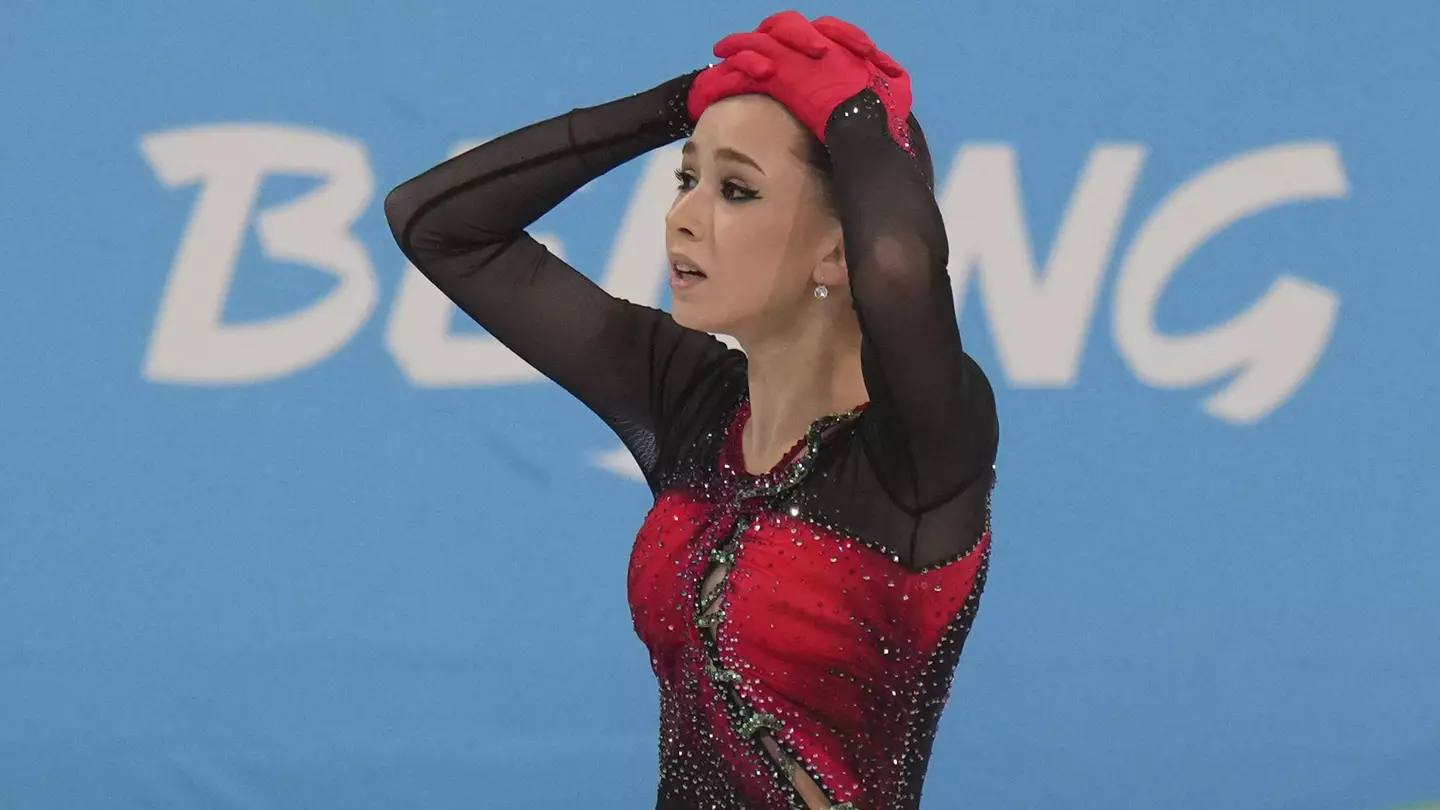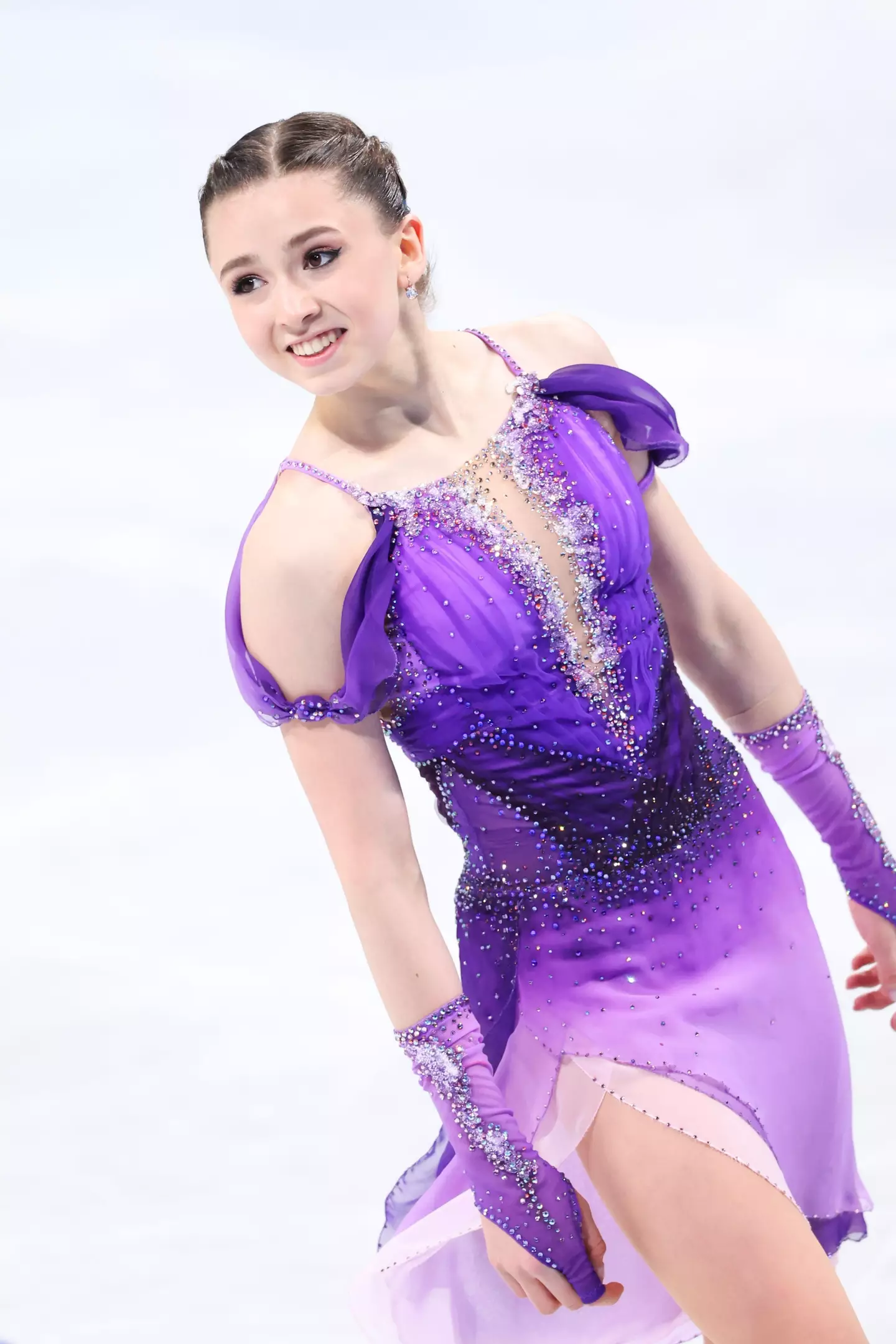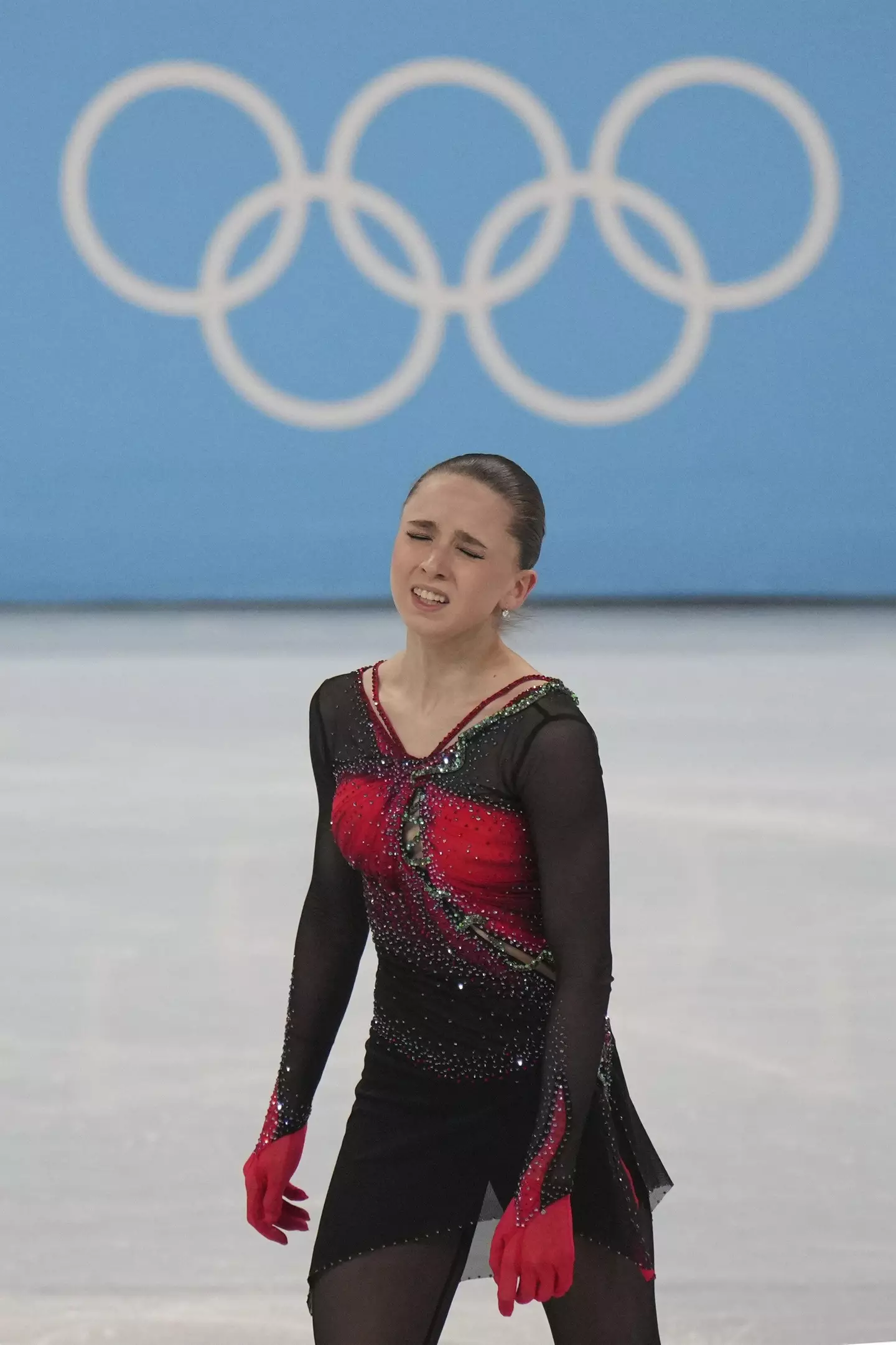
A Russian figure skater has reportedly tested positive for a banned substance at the Beijing 2022 Winter Olympics.
Kamila Valieva was part of the Russian Olympic Committee (ROC) team that claimed victory in their event on Monday (7 February).
The 15-year-old became the first woman to complete a quadruple jump at an Olympic event during her winning routine, pipping the USA and Japan to the win.
Advert
However, Russian media has reported that the teenager returned a positive sample for the drug Trimetazidine, which is used to treat chest pain.
But unlike a standard doping case, the fact Valieva, who is set to compete once again next week, is only 15 makes it slightly more complicated.
Under World Anti Doping Agency's (WADA) rules, it is obligatory that the athlete who tests positive for banned substances are publicly named.

Advert
However, this is not the case for those under the age of 18, where disclosure is optional.
Speaking about the case, David Howman, the former director general of WADA, told Reuters that it is peculiar for a case like this to occur between the event and the medal ceremony.
He said: "It's the worst nightmare of any organisation for athletes to be competing and then return a positive test during the Games.
"It's very unusual for a positive test to be returned between competition and the medal ceremony.
Advert
"Usually an athlete in that position would immediately be disqualified, but that hasn't happened here."
Vasily Konov, a journalist at Russian sports channel Match-TV, said the drug is not performance enhancing in the traditional sense and that it wouldn't help her win.
He also claimed that the positive sample was taken last year.

Advert
Writing on social media, Konov said: "The drug trimetazidine does not help an athlete in any way. At all. It was found in one single sample in December. A minuscule amount. Nothing in her samples before or since.
"There is no doping in the conventional sense. No! This cardiac drug has no impact on ... performance. Now leave Kamila in peace."
However, Howman said it is not an 'ordinary' drug and that it was 'disappointing', especially considering the Russian team's history.
He said: "It is not a drug that you would take accidentally, not something you would ordinarily be prescribed, and not something that you would expect a 15-year-old to be prescribed.
Advert
"It is very disappointing and a real shame that Russians continue to test positive at major events after all that country has gone through."
LADbible has contacted the ROC for comment.
Topics: Winter Olympics, China, Russia, Drugs